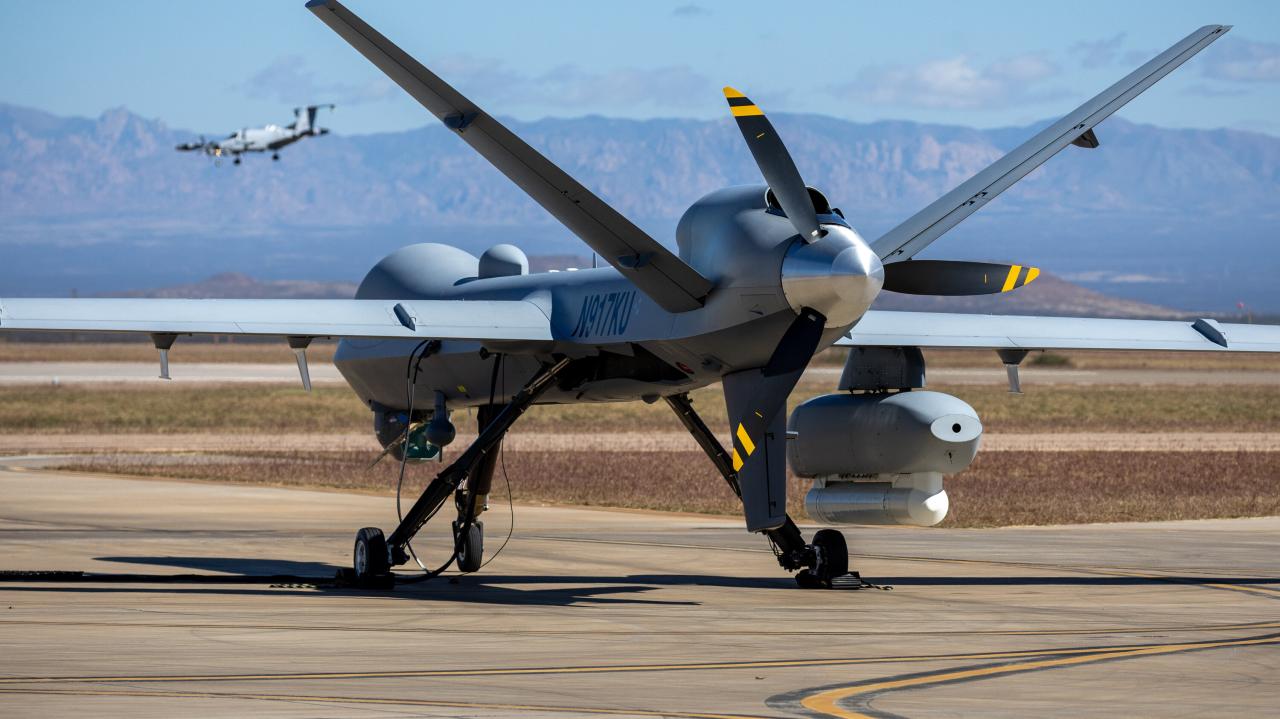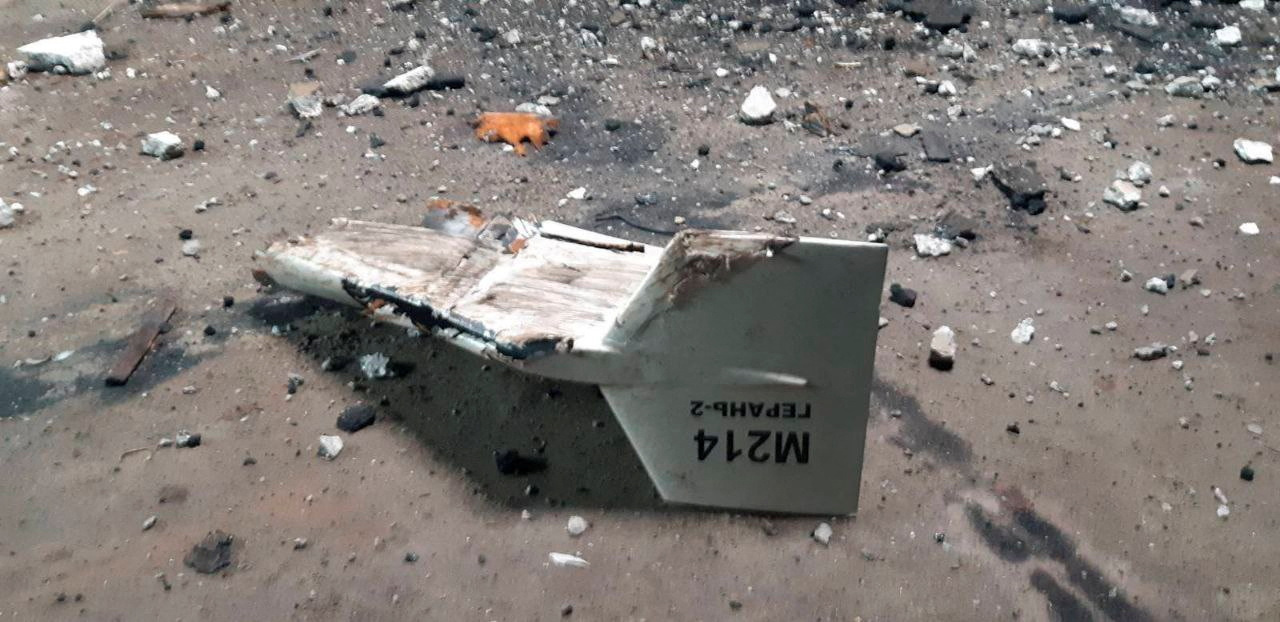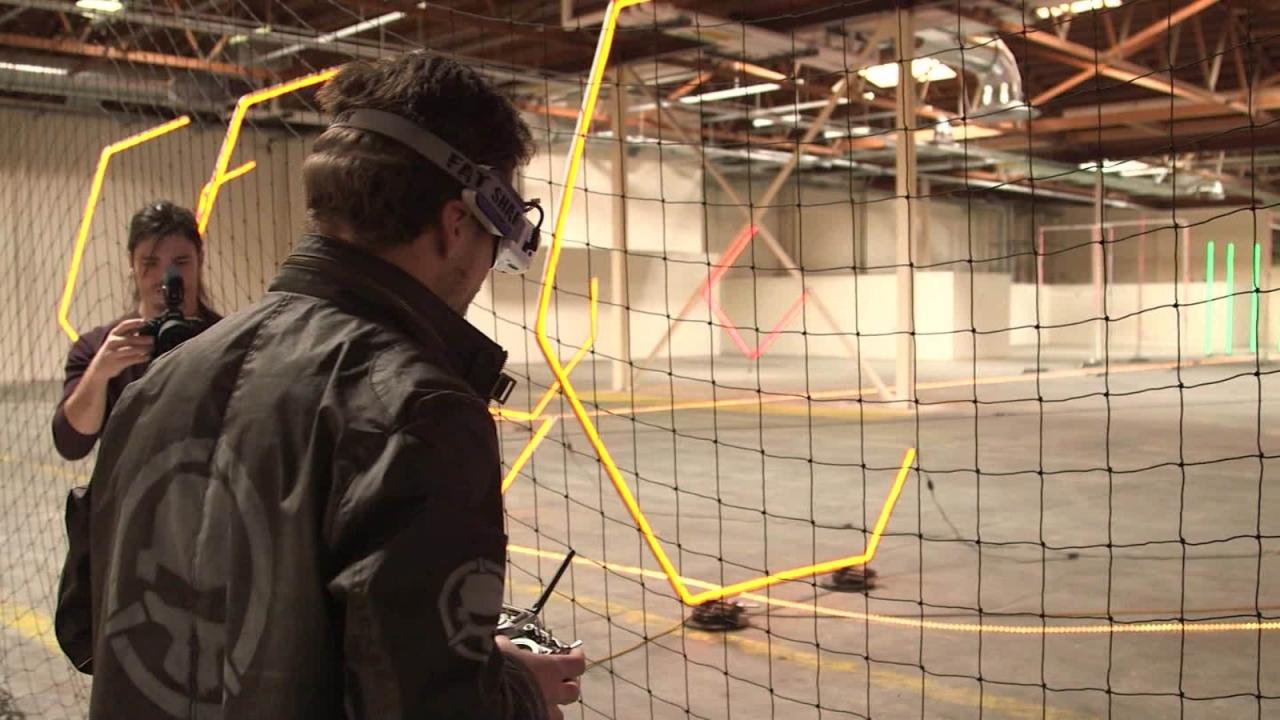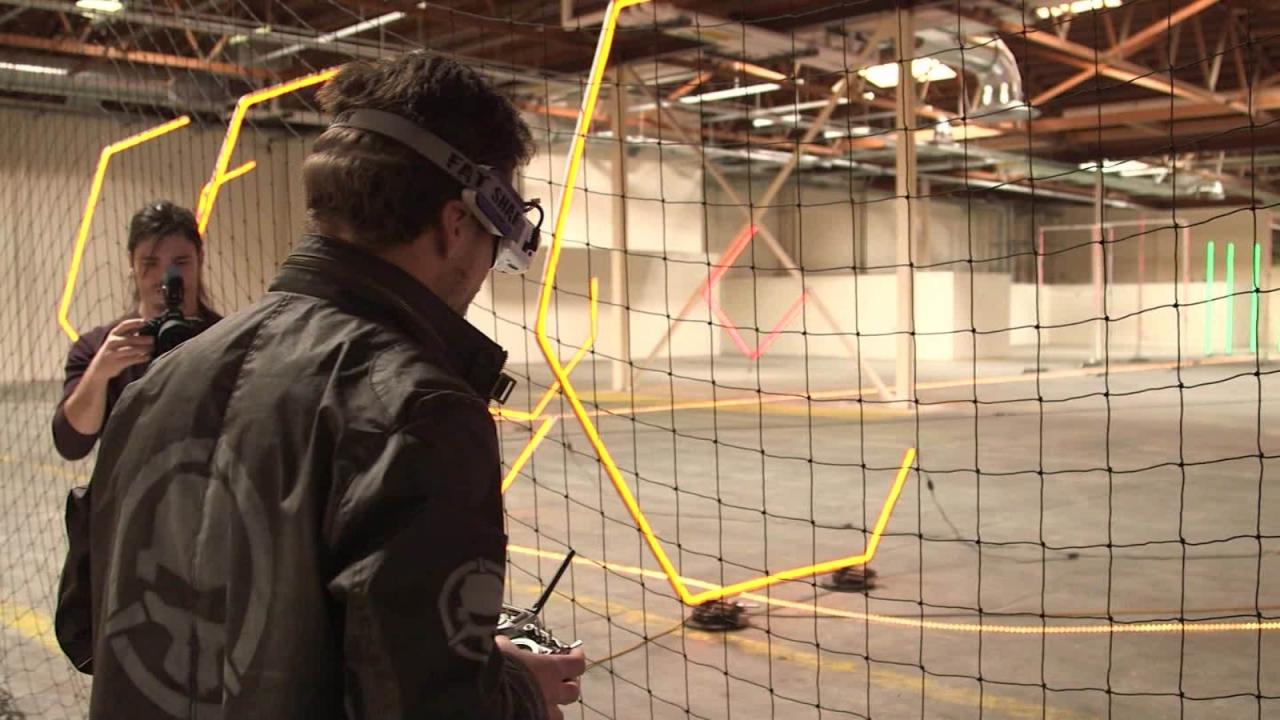Drone shot down in NJ: This incident unfolds as a compelling narrative, weaving together details of a drone’s unexpected demise over New Jersey. We delve into the circumstances surrounding the event, examining the actions of those involved, the legal ramifications, and the broader implications for drone regulation and public safety. The story offers a unique lens through which to explore the evolving landscape of drone technology and its impact on society.
From the initial reports of the drone sighting to the aftermath and ongoing investigations, we will explore the various facets of this intriguing event. We will analyze the motivations behind the drone’s operation, the method used to neutralize it, and the resulting public discourse. We’ll also consider the technological aspects of both the drone itself and the countermeasures employed.
News of a drone being shot down in New Jersey has sparked discussions about airspace security. This incident highlights the increasing need for advanced air traffic management systems, particularly as companies like archer aviation develop and deploy electric vertical takeoff and landing (eVTOL) aircraft. The potential for mid-air collisions underscores the urgency of establishing robust regulations for both drones and future air vehicles operating in congested airspace, especially over populated areas like New Jersey.
Drone Shot Down in New Jersey: A Comprehensive Analysis: Drone Shot Down In Nj

The recent incident involving a drone shot down in New Jersey has sparked significant debate regarding drone regulations, public safety, and national security. This report delves into the specifics of the event, examining the circumstances, involved parties, public reaction, legal implications, security concerns, and the technological aspects of the incident.
Incident Details, Drone shot down in nj

A drone was reportedly shot down in a residential area of northern New Jersey, near the Delaware Water Gap National Recreation Area. While precise geographic coordinates remain unavailable due to ongoing investigations, the incident occurred on [Date of Incident] at approximately [Time of Incident]. The timeline suggests the drone was observed behaving erratically, flying at a low altitude and potentially violating airspace restrictions before being engaged.
The drone, described as a small, commercially available quadcopter with estimated dimensions of approximately 12 inches by 12 inches, was reportedly equipped with a high-definition camera. The individual who shot down the drone claimed to have used a shotgun, though this remains unconfirmed pending official investigation reports.
Involved Parties
Reports indicate that a homeowner, concerned about the drone’s proximity to their property and potential privacy violations, took action to disable the drone. The homeowner’s motivation appears to be primarily based on perceived threat and concern for personal privacy. Legal proceedings are currently pending, with investigations underway by local law enforcement and the Federal Aviation Administration (FAA) to determine if any violations of federal or state laws occurred.
The investigation is also attempting to identify the drone’s operator and determine their intentions. While witnesses have been identified, their statements are currently being assessed as part of the ongoing investigation.
Recent reports indicate an unidentified drone was shot down in New Jersey, raising concerns about airspace security. The incident, as detailed in this news article, drone shot down in nj , highlights the increasing need for robust drone detection and response systems. Authorities are currently investigating the circumstances surrounding the drone’s operation and the reasons for its destruction.
Public Reaction and Media Coverage
The incident generated considerable media attention and public discussion. News reports varied in their perspectives, ranging from emphasizing the homeowner’s right to protect their property to highlighting the potential legal ramifications of shooting down a drone. Social media discussions were similarly polarized, with some supporting the homeowner’s actions and others criticizing the use of lethal force. Misinformation spread rapidly online, with several unsubstantiated claims about the drone’s purpose and the homeowner’s intentions.
| News Outlet | Headline | Perspective |
|---|---|---|
| Local News Channel | “Homeowner Shoots Down Drone Near Delaware Water Gap” | Neutral, focusing on facts of the incident. |
| National News Network | “Drone Downed in NJ: Raises Questions about Privacy and Drone Regulations” | Focuses on broader implications of the incident. |
| Online Blog | “Vigilante Justice? Homeowner’s Actions Spark Debate on Drone Rights” | More opinionated, highlighting the ethical dilemmas. |
The incident has heightened public awareness of the potential privacy concerns associated with drone technology and the need for clearer regulations governing drone operation.
Legal and Regulatory Implications
The legal framework surrounding drone operation in New Jersey, and nationwide, is complex. Federal regulations, such as those established by the FAA, govern airspace usage and drone registration. State laws may also address issues like privacy and property rights. The actions taken by the homeowner may have violated federal regulations concerning the operation of unmanned aircraft systems, as well as potentially state laws regarding the discharge of firearms.
Similar incidents have occurred in other states, leading to varying legal outcomes depending on the specifics of each case. A potential legal strategy for the homeowner might involve arguing self-defense or the protection of property rights, while the prosecution might focus on the violation of federal aviation regulations. This incident could lead to further refinement of drone regulations to address the increasing prevalence of these devices.
Security and Safety Concerns

The incident highlights several security and safety concerns related to unauthorized drone operations. The potential for drones to be used for malicious purposes, such as surveillance, espionage, or even attacks on critical infrastructure, is a significant concern. This incident, while seemingly isolated, underscores the need for enhanced security measures to protect against unauthorized drone activity. The risks associated with unauthorized drone operations include privacy violations, potential damage to property, and disruption of public services.
- Improved drone detection technology
- Stricter regulations on drone ownership and operation
- Increased public awareness of drone safety
- Enhanced security measures at critical infrastructure sites
Technological Aspects
The drone involved was reportedly a commercially available model equipped with standard features such as GPS, a high-definition camera, and basic flight control systems. The system used to shoot down the drone was a shotgun, a relatively simple but effective method in this instance. Advanced drone detection and countermeasure technologies exist, ranging from radar systems to specialized software capable of identifying and tracking unauthorized drones.
The technological advancements needed to prevent future incidents include improved drone identification systems, more effective countermeasures, and enhanced cybersecurity measures to prevent malicious drone hacking.
The shooting down of a drone in New Jersey serves as a stark reminder of the complex issues surrounding unmanned aerial vehicles. The incident highlights the need for clear regulations, robust security measures, and a heightened public awareness of the potential risks and benefits associated with drone technology. The legal and regulatory implications, coupled with the ongoing technological advancements in both drone capabilities and countermeasures, promise to shape the future of drone operations significantly.
The story ultimately underscores the importance of balancing technological progress with public safety and security concerns.
FAQ
What type of drone was shot down?
The specific type of drone is often not immediately released pending investigation. Information regarding make, model, and capabilities typically emerges later in official reports.
Who was responsible for shooting down the drone?
Determining responsibility requires investigation. This could involve law enforcement, federal agencies, or private individuals depending on the circumstances.
Were there any injuries?
This will depend on the specifics of the incident. The absence of injury is not guaranteed, and investigations often address this aspect.
What are the penalties for illegally shooting down a drone?
Penalties vary depending on jurisdiction and specific circumstances, potentially including fines and imprisonment. Federal and state laws apply.
